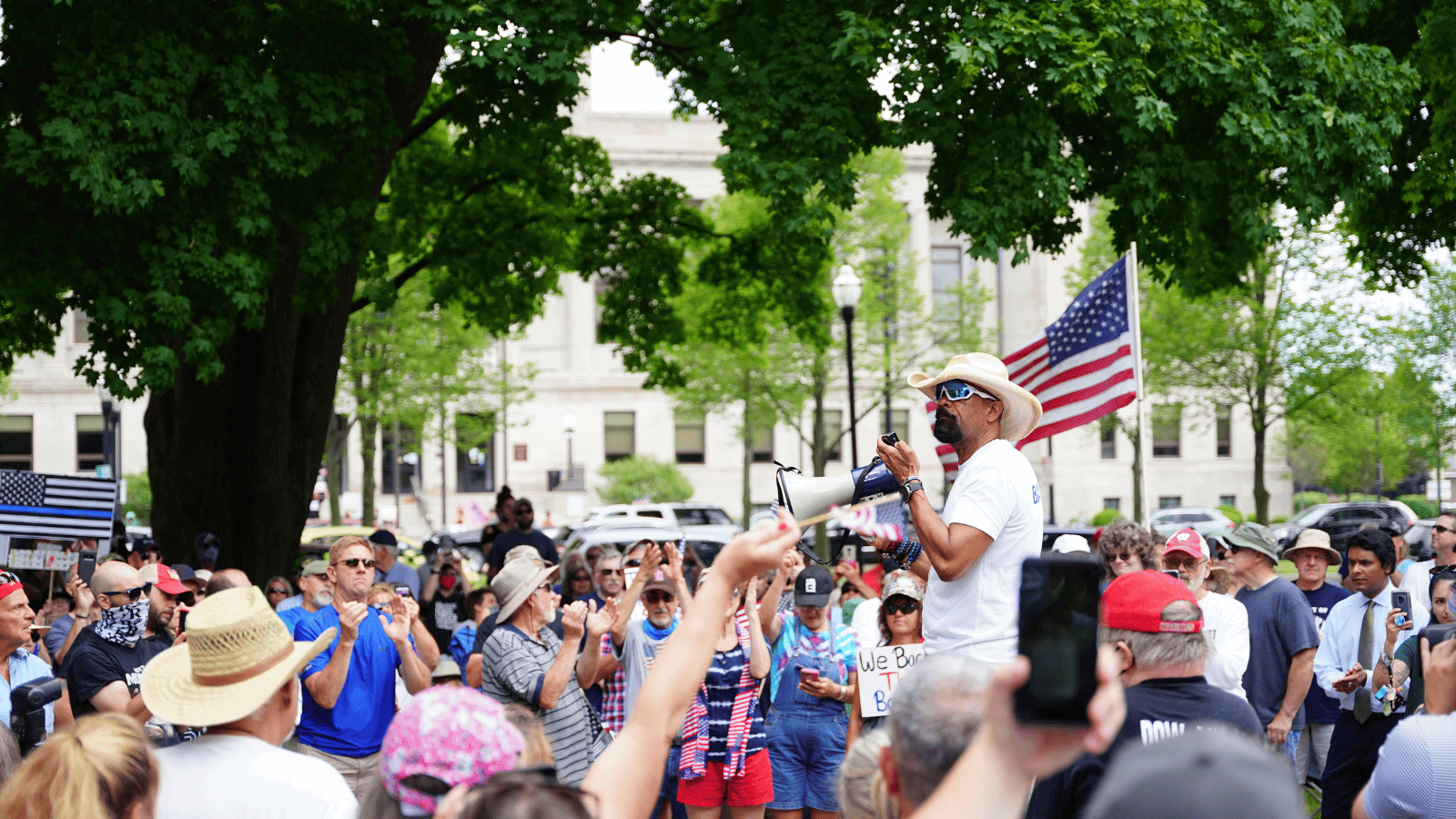Millennials are a generation unlike any other and society has made a complete u-turn in response. Buying attitudes have changed and the use of technology has skyrocketed, meaning that these 17 things are disappearing or changing thanks to Millennials.
Cash Payments

Cash has always been king, but in recent years card transactions have taken over. While some say this is a result of the contactless society created by the pandemic, Millennials have favored paying by card for years. With the development of Apple Pay, you don’t even need to carry your card with you anymore!
Cable TV

Traditional cable TV subscriptions are currently facing a decline, with CNN reporting that cable and broadcast now make up less than half of all TV viewing. Millennials and the following generations now prefer to use streaming services such as Netflix and Hulu, with most people subscribed to at least two of these services.
9 to 5 Jobs

Millennials sparked the need for more flexible working schedules and the traditional 9 to 5 job is slowly dying out. Many companies now welcome the four-day work week, remote working, and the option to make your own schedule, all thanks to Millennials.
Print Media

Both printed newspapers and magazines have experienced a huge decline in the last few decades. Not only is there less interest, but those who do still read them prefer to do so online on the digital device that they take everywhere! Millennials rely on online news sources and social media for information, instead of traditional print sources.
Retail Stores

Millennials favor online shopping over heading into the real world and browsing through physical retail stores. The convenience of shopping in the comfort of your own home and having items delivered straight to your door makes it impossible for retail stores to rival. Brick-and-mortar stores are experiencing a decline in customers, requiring them to adapt quickly to the changing situation.
Traditional View on Marriage

For centuries, getting married was a cultural norm and societal expectation. However, Millennials have sparked a change in attitudes towards marriage, by delaying tying the knot and choosing non-traditional relationships. According to Fortune, a quarter of 40-year-old Millennials have never been married, a new record.
Homeownership

Getting on the property ladder in the 21st century is a real challenge. The rates of homeownership have declined rapidly due to house prices soaring, the cost of living increasing, and wages not matching this inflation. Millennials are also more likely to try living in different locations before choosing one where they want to purchase a home.
Traditional Banking

Online banks are becoming increasingly popular and traditional banks are feeling the impact. Millennials tend to prefer digital banking services where you can manage your finances in an app rather than speaking to someone face to face. Branch visits have significantly dropped off with many Millennials finding traditional banking inconvenient and time-consuming.
Traditional Advertising

Advertising has dramatically changed in the last decade with less focus on print media and television adverts. Now, people consume content through online videos and social media, so there is a huge push to adapt to these marketing strategies. Businesses are putting less money into traditional advertising as Millennials are less responsive to it.
Traditional Gender Roles

The stereotypical norms and traditional gender roles of previous generations have gone out of the window. Millennials no longer conform to the gender role expectations of society and embrace more equal households. The National Centre of Social Research reports that traditional gender roles have been declining since 1983, which can only be because of Millennials.
Office Spaces

Millennials are a generation of remote workers which has led to a huge decline in the use of office space. There are now many companies that have smaller office spaces and some don’t have a physical location at all. The pandemic showed to those in power that we can be just as productive outside of the office environment.
Car Ownership

While car ownership is still very popular, it has passed its peak and is slowly declining again. Many Millennials prefer using rideshare services such as Uber, especially if they live in cities. Rideshare offers a certain level of ease and convenience that cars don’t allow and comes without commitment.
Chain Restaurants

The typical chain restaurants we all know and love are slowly disappearing. Millennials prefer to find new dining experiences, enjoying local eateries over the big names. Although chain restaurants offer familiar menus, Millennials love novelty and will actively search for new places to eat.
Traditional Education Models

All levels of education have experienced a major change in the last few decades. Millennials are turning to online courses over traditional college degrees while in the U.S., Washington Post reports that homeschooling has increased by 51% in the last few years. There is a growing understanding that traditional educational systems are not suitable for everyone.
Political Engagement

The politics experienced by Millennials has led to a huge distrust in authority figures. While for some this has led to an uprising and a need to create a better system, for many, it has resulted in a disconnection from politics altogether. This lack of interest has led to a decline in political engagement.
Traditional Medicine

Millennials rely less on traditional medicine than previous generations. Although traditional medicine will never die out, its use is slowly declining, with Millennials preferring to take a holistic approach. They will seek the advice of a naturopath over a doctor and a big portion of Millennials will use alternative healthcare.
Retirement Plans

For a long time, the goal was to work hard and save a pension so that you could enjoy your retirement. Millennials look at life differently and prioritize experiences in their younger years. This has led to a decline in traditional retirement goals and savings plans, with money being used to enjoy youth instead.
